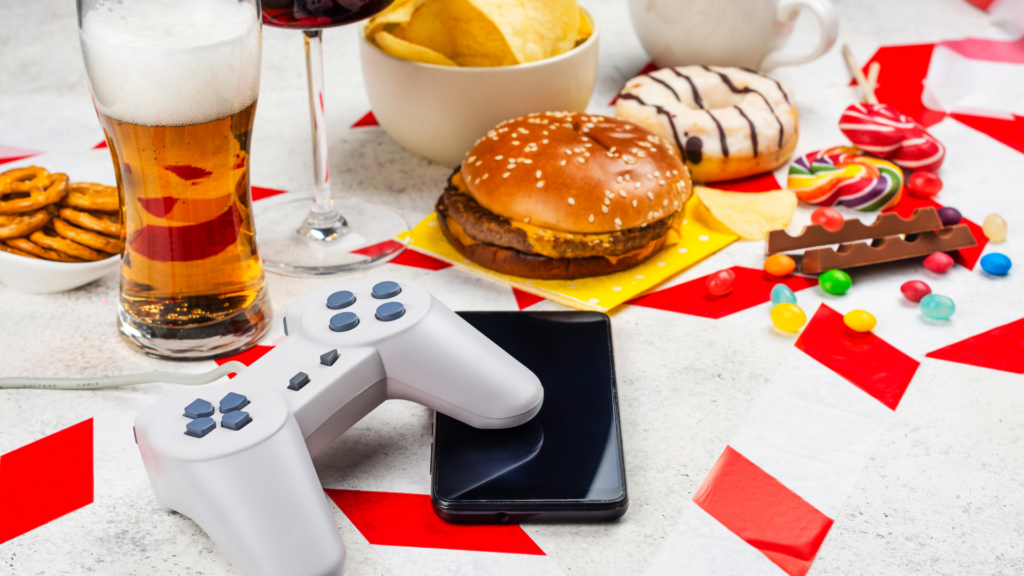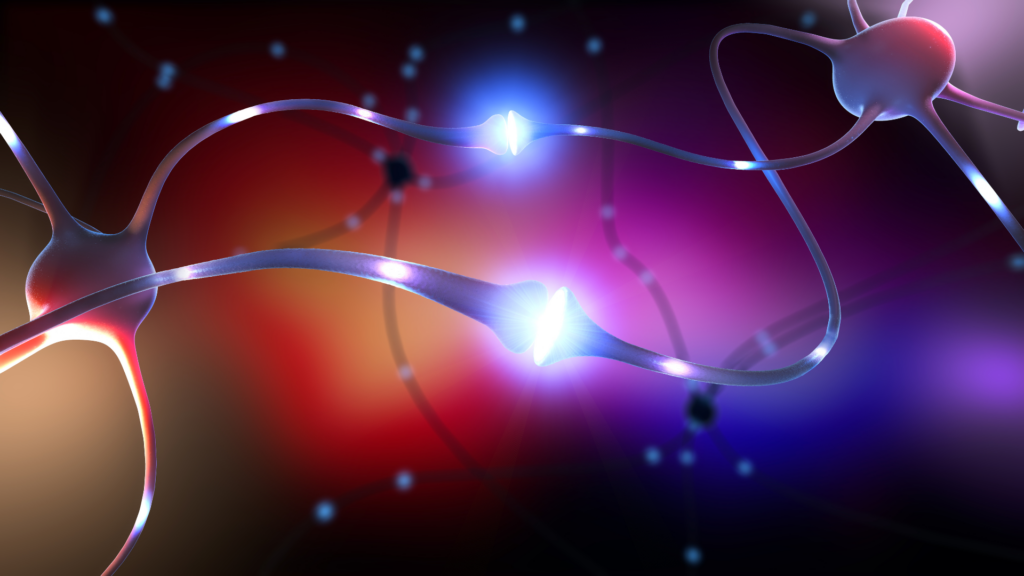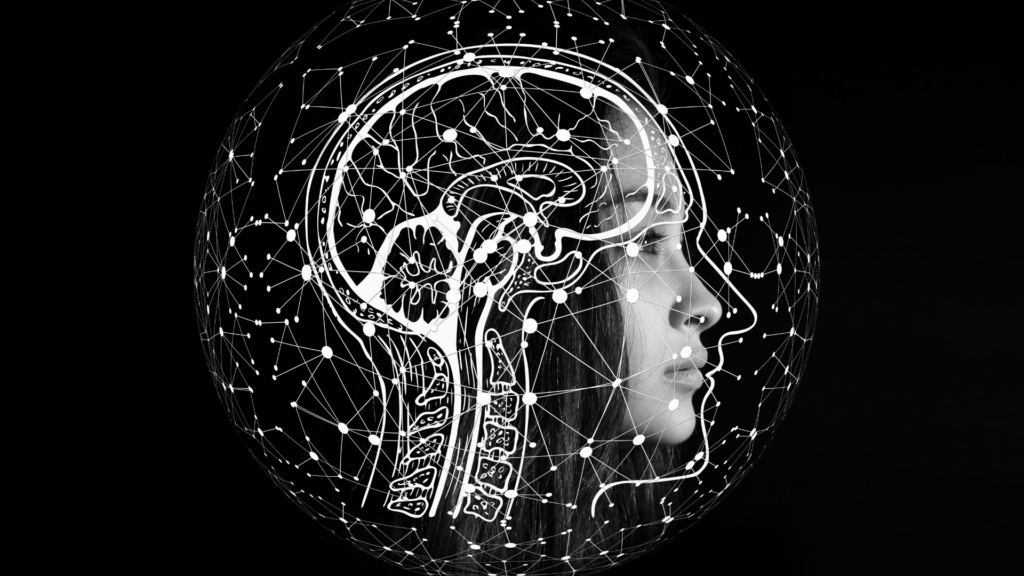
Instant gratification has become the norm. With just a few taps on our smartphones, we can access entertainment, food, and social connections at lightning speed. While this convenience may seem harmless, it is reshaping our brains and influencing our decision-making processes in profound ways.
And unfortunately, this pattern can impact our ability to reach longer term goals around health, wellness, and finances.
How Instant Gratification Affects the Brain
Research indicates that constant exposure to instant rewards alters the brain's reward circuitry. When we indulge in immediate pleasures, our brains release dopamine, a neurotransmitter linked to pleasure and reward. Over time, this can create a dependency on quick fixes, making it difficult to find satisfaction in delayed rewards.

A study by Harvard University found that two competing areas of the brain, the emotional and logical systems, battle when we face choices between immediate and delayed rewards. The emotional brain often wins, leading to impulsive decisions that prioritise short-term satisfaction over long-term benefits.
The Financial Impacts of Instant Gratification
In the realm of personal finance, instant gratification can lead to impulsive spending and debt accumulation. The rise of buy-now-pay-later (BNPL) services like Klarna and Clearpay has contributed to this trend. These services make it easier for people to prioritise immediate purchases, and often come at the expense of financial stability and saving. As of 2025, 2 in 5 UK adults (42%) have used BNPL services at some point, approximately 22.6 million people. And over half of people who used BNPL in 2023 paid a late fee (53%). There is clearly a struggle to manage repayments, yet the spending continues.

Similarly, impulse buying during online sales events, such as Black Friday, often results in unnecessary expenditures. Research shows that 64% of UK consumers regret at least one purchase made during such events. This highlights the financial strain caused by impulsive decisions.
Health Consequences of Instant Gratification
Instant gratification also impacts health and lifestyle choices. Choosing fast food over home-cooked meals gives immediate satisfaction. When chosen frequently, it contributes to long-term health issues like obesity, diabetes, and heart disease. According to Public Health England, nearly 63% of adults in England are overweight or obese. This is partly due to the prevalence of unhealthy, convenient food options.
In 2023, people were squeezed by the cost of living crisis. Yet nearly a third (31%) of consumers said they had at least one takeaway a week. This figure rises to a significant 58% in London. And nearly four in ten (38%) of 18-24 year olds nationally are having a takeaway at least 2-3 times a week!

Shifting to longer term benefits
It's clear that while instant gratification offers immediate pleasure, it can undermine our ability to make wise decisions. These decisions impact our future.
And when we understand what’s going on in our brains, it’s easier to understand why some habits can be hard to break. Focusing on longer term goals isn’t as easy as we might hope - our brain is constantly fighting against it.

Can we learn lessons from instant gratification? And can these lessons help us persevere and reach those longer term goals?
In our recent LinkedIn posts we looked at Couch to 5K and Duolingo and how they both do exactly this. As you progress through your journey, whether to learn a language or to run, they provide lots of small wins. There’s a sense of achievement. And each of these small wins releases dopamine which in turn boosts our motivation to continue.
If dopamine is the key, how else can pleasure and reward be built into encouraging ‘healthier’ behaviours?
Unlock Human Perspectives. Talk to Hummingbird Insights

